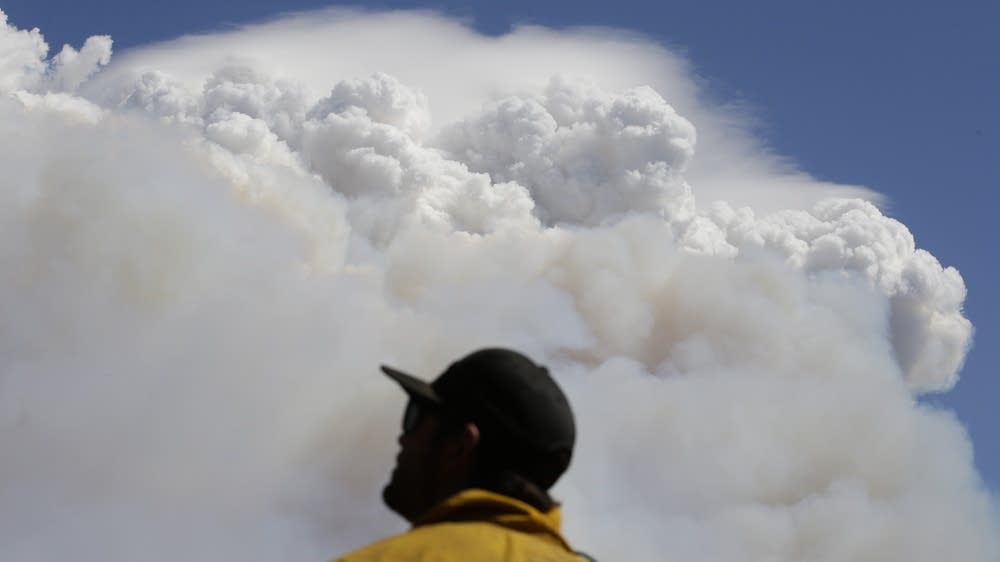In contemporary society, the specter of climate change looms large, inciting not merely environmental degradation but also profound psychological and physiological ailments. The Bahá’í teachings, with their inherent emphasis on unity and spirituality, provide a holistic framework to address these challenges. As we delve into how these principles can offer solace and promote resilience, it becomes evident that a transformative shift in perspective is requisite.
The intersection of climate change and health is multifaceted, encompassing direct impacts through rising temperatures and extreme weather events, as well as indirect consequences, such as diminished food security and increased mental health issues. As we navigate these tribulations, the Bahá’í Faith introduces a paradigm that fosters hope amid adversity, urging humanity to cultivate a spirit of service and interconnectedness.
At the essence of Bahá’í teachings is the belief in the oneness of humanity. This tenet fosters an understanding that our collective fate is intertwined. As climate change exacerbates inequities around the globe, the principle of unity invites individuals and communities to transcend personal grievances and engage in cooperative endeavors. By recognizing our shared plight, we can invigorate our responses to climate-induced adversities, directing our efforts toward collective healing and restoration.
Further, Bahá’í teachings emphasize the transformative power of love and compassion. In the face of ecological calamity, one can adopt an attitude of empathy, extending support to those most affected by climate-related ailments. This spiritual response can foster resilience, allowing individuals to navigate their own challenges while nurturing the well-being of others. Such community-oriented approaches can counteract the isolation that often accompanies crises, reminding individuals that they are not alone in their struggles.
The Bahá’í perspective also encourages proactive engagement with the environment. The Earth is viewed as a sacred trust, and humanity is called to care for it with reverence. This intrinsic respect translates into a commitment to sustainable living practices, which can mitigate the health impacts of climate change. By embracing stewardship of the planet, Bahá’ís are empowered to act not merely as passive observers but as active participants in the healing of both the Earth and themselves.
Moreover, the teachings advocate for an enlightened mindset, which cultivates an awareness of the interconnectedness of all life forms. This recognition engenders a sense of responsibility that extends beyond individual concerns to encompass global challenges. In this light, the Bahá’í Faith encourages engagement in environmental advocacy, education, and innovative solutions to combat climate change’s pernicious effects, thereby promoting both ecological and human health.
Furthermore, the Bahá’í writings underscore the importance of prayer and meditation as tools for personal and communal healing. In times of crisis, turning inward can provide a sanctuary for reflection and rejuvenation. Engaging in spiritual practices fosters resilience and mental clarity, equipping individuals to confront overwhelming circumstances with equanimity and hope. This spiritual fortitude serves as an anchor amid the turbulence of climate change, guiding one toward beneficial actions and fostering an unyielding commitment to service.
As individuals explore these avenues, the concept of action rooted in spiritual principles becomes increasingly salient. The Bahá’í teachings exemplify that true action should be propelled by an inner spiritual motivation rather than mere obligation. This intrinsic motivation nurtures genuine care for humanity and the environment, engendering a culture of sustainability and ethical stewardship. It invites individuals to leverage their unique talents in the service of the planet and its inhabitants, thus facilitating a shared journey toward healing.
The Bahá’í insights extend into holistic health approaches. Understanding the intricate link between mental, emotional, and physical well-being allows for a comprehensive response to climate change. As rising temperatures contribute to increased anxiety and stress, the Bahá’í emphasis on balance and harmony becomes paramount. Advocating for mental wellness initiatives and community-strengthening efforts can significantly improve health outcomes while fostering resilience in the face of ecological challenges.
In addition to individual and community actions, the Bahá’í teachings advocate for systemic change, recognizing that addressing climate change requires both grassroots initiatives and larger policy shifts. This dual approach necessitates collaboration across sectors, encouraging individuals and communities to work together to influence legislation and promote sustainable practices at local, national, and global levels. Such involvement can drive significant progress in combating climate change and alleviating its adverse health impacts.
Ultimately, the Bahá’í response to climate change, viewed through a spiritual lens, promises a profound shift in perspective. By embracing unity, compassion, and a commitment to stewardship, individuals can navigate the current crisis with resilience and purpose. The teachings provide a roadmap not only for personal healing but also for fostering a collective response that prioritizes the well-being of humanity and the planet alike. As we venture into an uncertain future, the spiritual tenets of the Bahá’í Faith can illuminate our path, engendering hope and inspiring action in the face of adversity.
In conclusion, the imperative becomes clear: by aligning one’s actions with the transformative principles of the Bahá’í teachings, we can build resilience against the health impacts of climate change. This journey requires embracing a spirit of service, cultivating empathy, and fostering a deep regard for the interconnectedness of all life. In doing so, we not only address the pressing crises before us but also pave the way for a brighter, more sustainable future.
